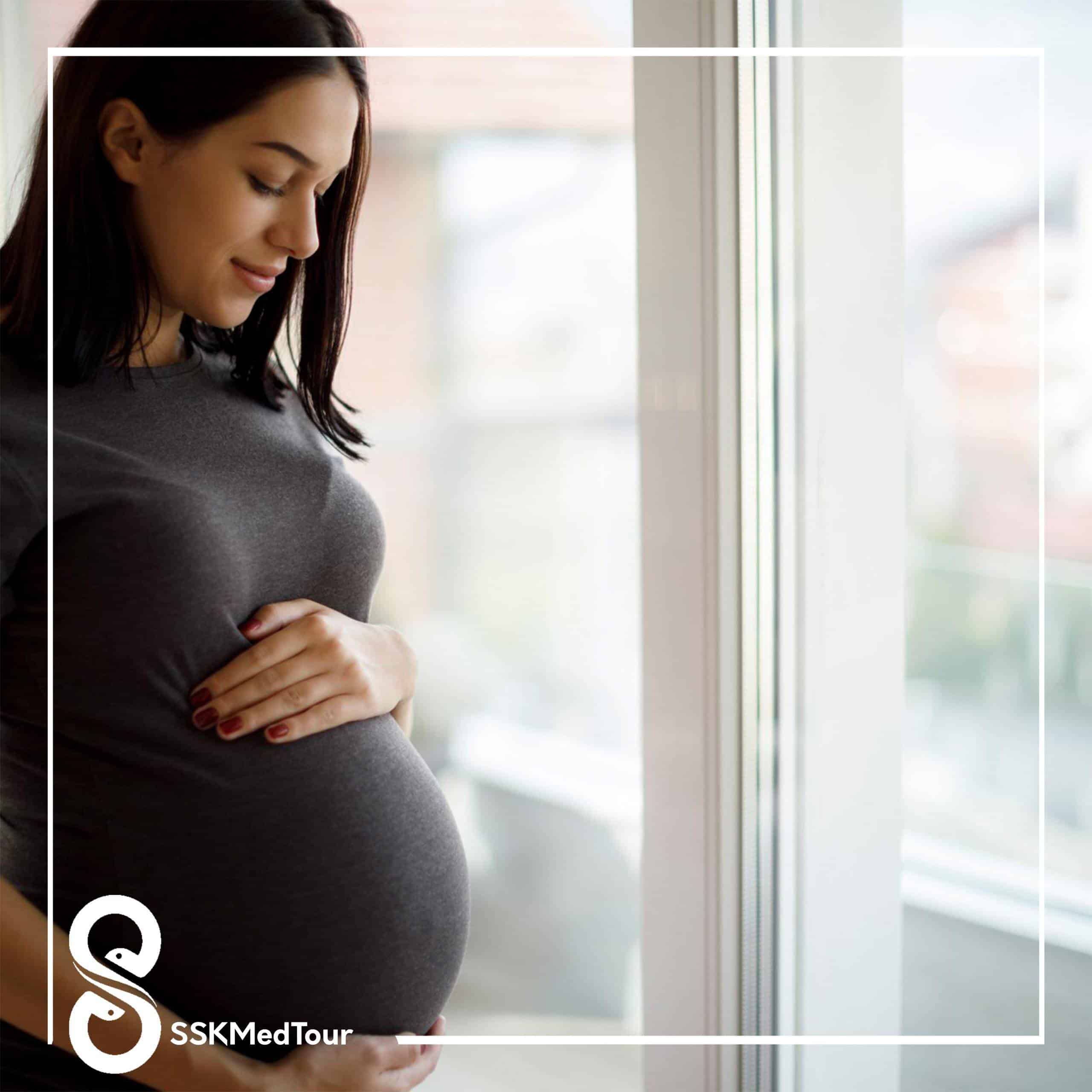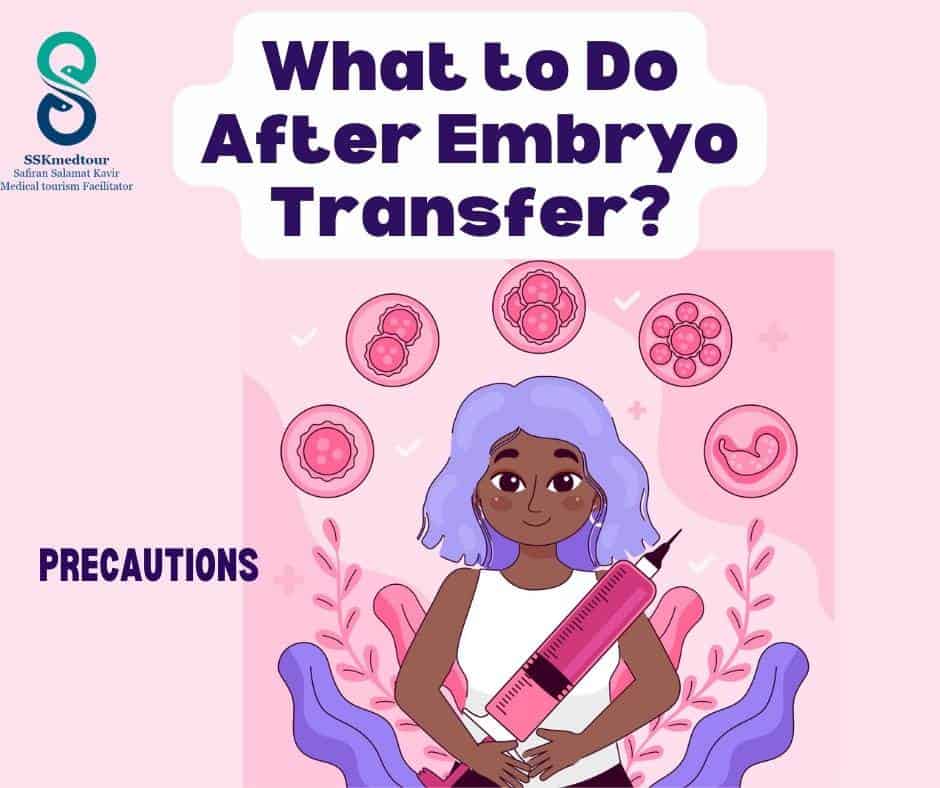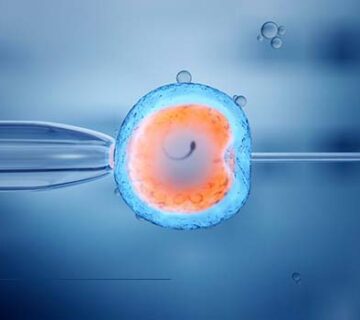
Embryo Transfer aftercare: what you need to know!
Pregnancy is not an easy process for some couples. Research by scientists shows that one in eight women does not get pregnant easily. Fortunately, these days there are many ways that help the couple to make their dream true. These people can use assisted reproductive methods such as IVF to get pregnant. IVF is an infertility treatment method in which a woman’s egg and a man’s sperm are fertilized in vitro and an embryo is formed. The IVF fetus can be placed inside a woman’s uterus or it can be frozen. In the following read more about the precaution after embryo transfer.
But fertility treatment is not an easy one, there are many ups and downs and it entails many hopes and despairs. People who have IVF have a number of concerns, including the success rate of IVF, the cost of doing it, and issues during pregnancy. So they may be anxious. By following some tips and precautions and taking care after the embryo transfer, the success rate of IVF (successful embryo transfer) will increase and as a result, the chances of having a baby will rise.
In the following, we will discuss the most important precautions after embryo transfer including eating, exercise, medication, rest, sleep, and many more issues.
What to Eat after the Embryo Transfer?

what should you eat after the embryo transfer?
What to eat after embryo transfer is one of the issues that many women are curious about. During IVF and after the transfer of the fetus, the person’s diet should be healthy and balanced. Fundamental dietary changes after embryo transfer, including the use of gluten-free foods, are not recommended. Studies have shown that having a normal weight and proper diet can increase maternal health in women under 35 years of age. It is better to eat the following to have a successful pregnancy and reduced the risk:
- Meals rich in fruits and vegetables;
- Increase protein intake found in foods such as fish and poultry;
- Consumption of cereals;
- Eat legumes such as beans, peas, and lentils;
- Eating fruits such as pineapple after embryo transfer cannot cause acute problems;
- Starch will not cause a problem after embryo transfer;
Use healthy fats such as avocados, olive oil, nuts, and seeds;
Avoid raw meat, sugar, and foods containing preservatives.
Exercise after Embryo Transfer: Is It Recommended?
Many women avoid or stop exercising during IVF or after a failed transfer. Because they think that exercising after the transfer of the fetus can harm their pregnancy. Doctors recommend that mothers continue to exercise, especially those who are already exercising. Research has shown that people who have a good BMI and exercise have a better uterus for pregnancy. Of course, it should be noted that running can disrupt pregnancy and affect the thickening of the endometrial part of the uterus because it transfers blood flow from the uterus to other parts of the body and affects the reproductive system. People who avoid running can substitute sports such as walking.
Exercise after Embryo Transfer: Is It Recommended?
Many women avoid or stop exercising during IVF or after a failed transfer. Because they think that exercising after the transfer of the fetus can harm their pregnancy. Doctors recommend that mothers continue to exercise, especially those who are already exercising. Research has shown that people who have a good BMI and exercise have a better uterus for pregnancy. Of course, it should be noted that running can disrupt pregnancy and affect the thickening of the endometrial part of the uterus because it transfers blood flow from the uterus to other parts of the body and affects the reproductive system. People who avoid running can substitute sports such as walking.

Medications you should take after embryo transfer
Women undergoing IVF treatment and embryo transfer should know all of the medications they are taking and discontinue or change the medications as directed by their doctor. Basically, the medicine used after the transfer of the fetus to the uterus will be as follows:
- Hormonal drugs;
- Medicinal supplements.
Medications used in special cases after embryo transfer also include the following:
- Antidepressants;
- Steroid drugs in people with certain diseases such as lupus and asthma;
- Thyroid drugs;
- Chemotherapy-related drugs;
Also, these medicines help to reduce the effects of hormonal drugs.
These are the main medication used in IVF and after embryo transfer. Sometimes, at the doctor’s discretion, changes may be made to the medications taken.
What Supplements Are suggested After Embryo Transfer?
One of the most important supplements after embryo transfer is folic acid because it prevents brain damage and disorders in the baby. Vitamin D is another supplement that is prescribed to women after fetal transfer because a decrease in vitamin D can cause autism in the fetus. Fish oil is also given to patients by many doctors. It is important to note that supplements should also be prescribed by your doctor according to your condition.
Can you travel after the embryo transfer?
Embryo transfer is not a barrier to travel. After the transfer of the fetus, if you travel for a long time by car or plane, it is better for the woman to get off, walk and drink fluids every hour. If pregnancy occurs after embryo transfer, the person should travel to areas where there are sufficient facilities to be able to use the necessary facilities if necessary. Women are not recommended to travel to countries where certain infections are possible, including Zika virus infection, after the fetus is transferred to the uterus.




No comment